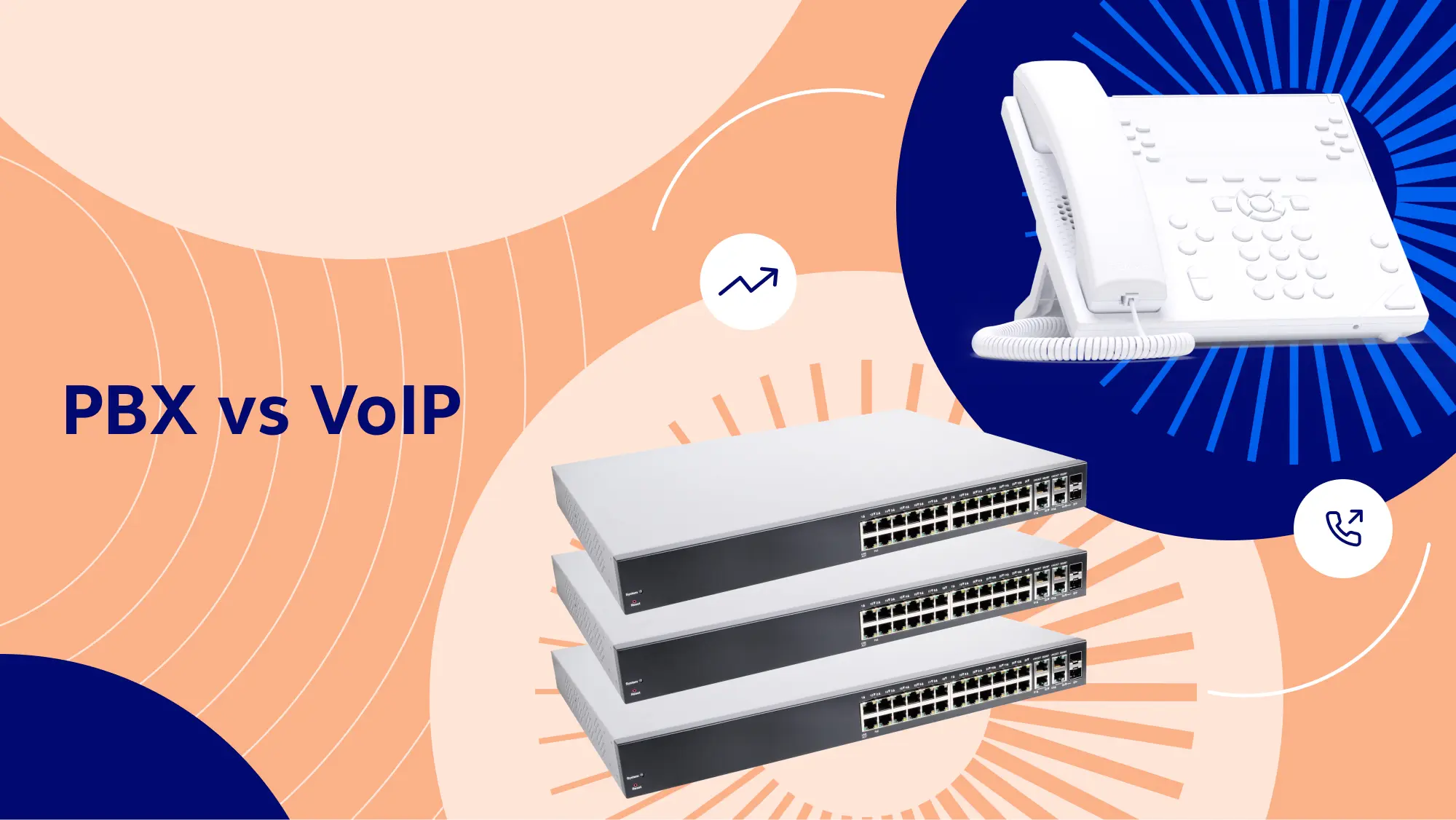As small business owners increasingly seek effective communication solutions, VOIP systems have emerged as a preferred choice. Voice over Internet Protocol (VOIP) technology allows businesses to make and receive calls over the internet, leading to significant advantages in efficiency, cost savings, and flexibility. Below, we explore the numerous benefits of VOIP systems for small business owners in the United States.
Cost Efficiency
One of the main attractions of VOIP systems is their cost-effectiveness. Traditional phone systems often come with high installation and monthly maintenance fees, especially for long-distance calls. In contrast, VOIP services typically offer lower rates for domestic and international calls, greatly reducing communication expenses.
Here is a comparison of average costs associated with traditional phone systems versus VOIP systems:
| Feature | Traditional Phone System | VOIP System |
|---|---|---|
| Setup Costs | $1000 - $5000 | $0 - $500 |
| Monthly Fees | $50 - $200 per line | $20 - $50 per line |
| Long-Distance Calls | $0.10 - $0.15 per minute | Often free or very low cost |
Enhanced Features
Another significant advantage of VOIP systems is the array of enhanced features that come standard with most services. Features like voicemail-to-email, call forwarding, and conference calling are often included or available at a minimal cost. These functionalities can help small business owners streamline communication and improve productivity.
Here are some common features offered by VOIP systems:
- Call Routing: Direct incoming calls to the right department or team member.
- Voicemail Transcription: Receive voicemails as text messages or emails for easy access.
- Auto-Attendant: Provide a professional greeting and menu options to callers.
- Video Conferencing: Facilitate remote meetings without the need for separate software.
Scalability
Small businesses often experience fluctuations in their workforce size. VOIP systems can easily scale to meet these changes. Adding or removing lines is typically a straightforward process, allowing businesses to adapt their communication needs without incurring significant costs or downtime.
With traditional phone systems, upgrading often requires new hardware, installation, and a lengthy process, whereas VOIP systems can be adjusted with just a few clicks in most cases. This flexibility is crucial for small business owners looking to remain agile in a competitive market.
Mobility and Remote Work
As remote work becomes more prevalent, the ability to communicate seamlessly from any location is invaluable. VOIP systems allow employees to access their business phone lines via mobile devices or laptops, ensuring that they can stay connected regardless of where they are working from.
Employees can make and receive calls as if they were in the office, utilizing features like call forwarding and voicemail access. This capability not only supports a flexible work environment but also enhances customer service by ensuring that calls are answered efficiently.
Improved Call Quality
Advancements in technology have significantly improved the call quality experienced with VOIP systems. As internet connections have become faster and more reliable, the clarity of VOIP calls has also improved, making them comparable to traditional phone lines. Many small business owners find that switching to VOIP results in fewer dropped calls and clearer sound quality.
Integrations with Other Tools
Today's VOIP systems can easily integrate with various business software, such as customer relationship management (CRM) tools and project management applications. This integration allows for streamlined operations and enhanced collaboration across teams.
For instance, a small business can integrate its VOIP system with its CRM to log calls automatically, track customer interactions, and improve follow-ups. This capability not only saves time but also enhances customer relationship management.
Conclusion
In summary, the benefits of VOIP systems for small business owners are numerous and compelling. From cost savings to enhanced features, scalability, mobility, improved call quality, and seamless integrations, VOIP technology is revolutionizing the way small businesses communicate. As more small business owners in the United States recognize these advantages, the shift towards VOIP systems is likely to continue growing, making it an essential consideration for any small business looking to thrive in today’s fast-paced environment.









